Cardiology in Israel
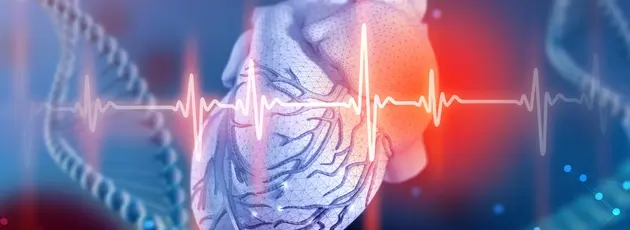
The Top Ichilov Clinic Cardiology Department in Israel is headed by Professor Shmuel Banai. The department staff comprises 10 experienced cardiologists including 5 professors. This is the most advanced cardiology department in Israel: is offers such innovative procedures as ablation of arrhythmogenic foci, replacement of the aortic valve via catheterization, etc.
The department comprises clinics dedicated to:
- Heart failure treatment;
- Echocardiography;
- Interventional cardiology (cardiac catheterization);
- Cardio-oncology, etc.
There is a day hospital at the department.
Statistics
- 28%: reduction of heart disease mortality rates in Israel within the last 10-15 years.
- 80%: reduction of heart disease mortality rates in Israel within the last 40 years.
At present, the mortality rates for cardiovascular diseases in Israel are lower than average among the OECD countries: in France, 6.6% of patients die of heart attack while in Great Britain and Israel, the mortality rate amounts to only 4.2%. This is happening thanks to the high development level of the Israeli cardiology.
81% of patients in Israel undergo the vital cardiac catheterization within the first 12 hours after a myocardial infarction. In Great Britain, this statistical value amounts to 66%, in the USA – to 70%.
What Diseases Are Treated At The Cardiology Department?
The Cardiology Department specialists admit patients with all types of cardiovascular conditions. The most common cardiovascular conditions include:
| Arrhythmia | Arterial hypertension |
| Atherosclerosis | Cardiomyopathy |
| Coronary artery disease | Endocarditis |
| Heart block | Heart tumors |
| Heart failure | Myocardial infarction |
| Myocarditis | Pericarditis |
| Pulmonary hypertension | Raynaud’s disease |
| Takayasu’s arteritis |
The duration of staying in Israel to undergo the complete evaluation for cardiovascular conditions usually amounts to 3-4 working days. The cost of diagnosis: from $3,417.
The Leading Cardiologists In Israel
Treatment and examination of uterine cancer patients in Top Ichilov is provided by the leading Israeli oncologists:

Professor Gadi Keren, one of the most famous Israeli cardiologists, specialist in heart disease detection and treatment for heart failure and heart valve abnormalities. Head of the Israel Cardiology Association. Author of several inventions in cardiology including the one-way V-Wave interatrial shunt and a number of medications for coronary artery disease.
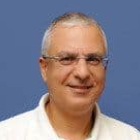
Professor Shmuel Banai, cardiologist with 30 years of professional experience, specializes in therapeutic and diagnostic coronary angiography. Gained experience at the leading clinics in Israel and the USA. Professor at Tel Aviv University and the Hebrew University of Jerusalem. Has published over 180 research works.

Professor Ariel Finkelstein, Director of the Cardiac Catheterization Unit. Performs the unique surgical procedure: implantation of the aortic valve via catheterization. Author of over 100 research works.
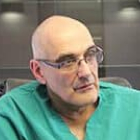
Doctor German Gandelman, interventional cardiologist. Has been performing cardiac catheterization, both diagnostic and therapeutic, for over 20 years. Provides emergency medical care for myocardial infarctions and other cardiac emergencies. Studies problems of patients with pulmonary hypertension and heart failure.
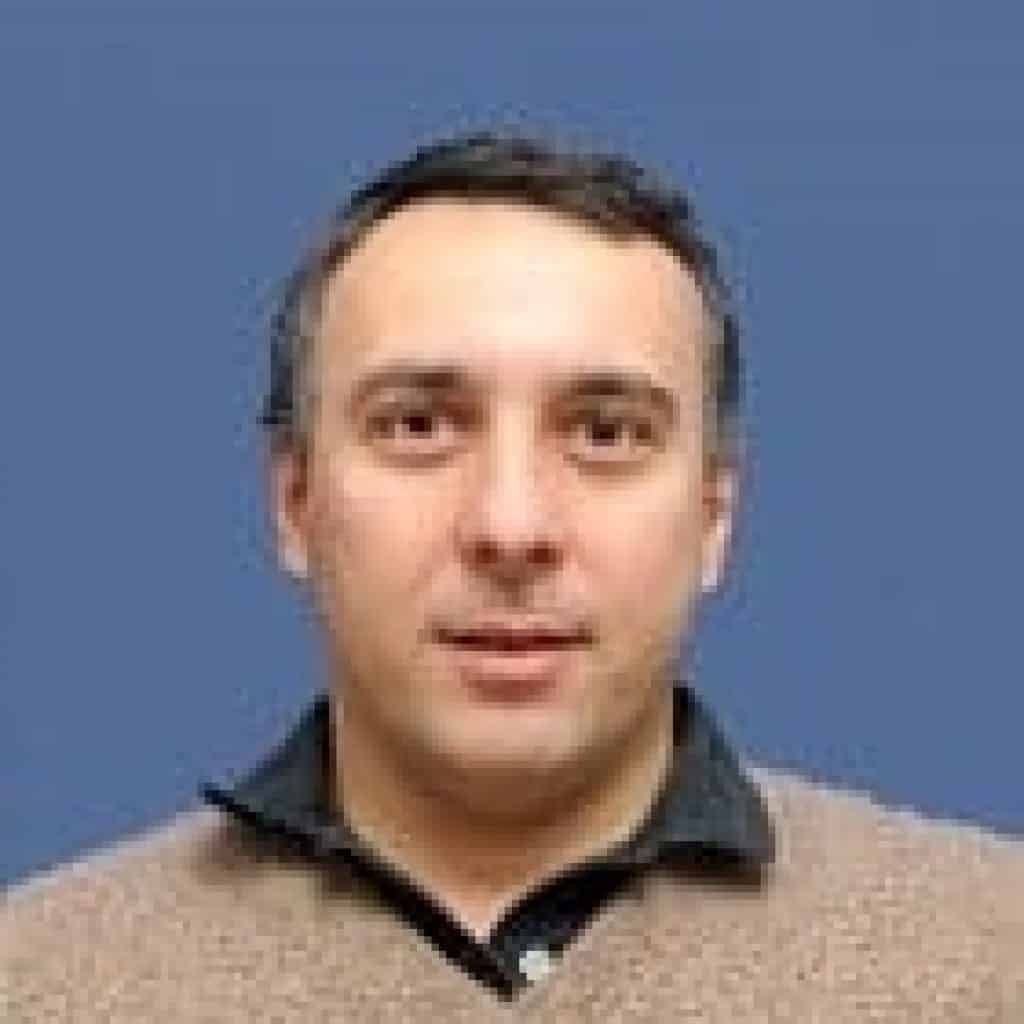
Doctor Raphael Rosso, electrophysiologist, arrhythmologist. Performs radiofrequency ablation for arrhythmia. Implants advanced pacemaker models. Provides cardiac mapping in arrhythmia patients to detect the arrhythmogenic foci.
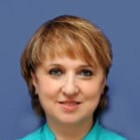
Doctor Bella Koifman, cardiologist, specialist in rehabilitation after heart surgery. Director of the Cardiac Rehabilitation Unit. Provides conservative treatment for heart defects in adults and detection of cardiac abnormalities using echocardiography.
Innovative Treatment Options
- Ablation of Arrhythmogenic Foci Using the NAVx and CARTO 3D Intracardiac Navigation Systems
Ablation implies burning of certain parts of the heart where arrhythmia starts. This method has been widely used for the last 10-15 years and has become an alternative to medication therapy. Up until now, doctors used 1- or 2-dimensional images obtained via fluoroscopy to perform ablation of arrhythmogenic foci. The accuracy of these procedures was insufficient, and the patient experienced significant radiation exposure.
The NAVx and CARTO systems help create a 3D model of the affected heart chamber. The doctors use the model to view the large vessels and heart valves and to discern abnormalities in the heart tissues. The use of these systems improves the accuracy of ablation and reduces radiation exposure. The clinical trials have shown higher effectiveness and safety of the NAVx and CARTO systems compared to fluoroscopic systems used to ablate the arrhythmogenic foci.

- Micra, the Smallest Pacemaker in the World
The new pacemaker is a 2.4cm long capsule. It is smaller than a standard pacemaker by 94%. The implantation of Micra does not require placing electrodes. The device is inserted into the heart through the femoral vein using a catheter. Its design helps it fix itself securely in the right ventricle. The device is expected to work autonomously for 12 years.
Having the pacemaker inside the heart does not interfere with MRI. The safety of this device and its advantages in comparison with conventional systems have been proved in clinical trials. Indications for the Micra capsule implantation include arrhythmia, tachycardia and bradycardia.
- The Smart Optimizer System Device for Patients with Congestive Heart Failure
This unique device differs from a pacemaker: it restores not the rhythm but the power of heart contractions. The developers of the device used the CCM (Cardiac Contractility Modulation) technology. The device is implanted under the skin on the chest and connected to the 3 electrodes implanted into the heart. During normal heart contractions, the device sends signals to the heart muscle and improves its ability to contract.
Clinical trials have shown that this device is a more effective heart failure treatment option than conventional medication therapy. The Smart Optimizer System has been approved by the U.S. Food and Drug Administration (FDA).
Methods Of Diagnosis Used At The Cardiology Department
- Electrocardiography (ECG)
Electrocardiography produces a record of the heart’s electrical activity. The procedure is used to diagnose myocardial infarction, hypertrophy of different heart chambers, rhythm abnormalities, electrical conduction system disorders, and myocardial ischemia. Stress echocardiography is used to detect myocardial ischemia without pain syndrome, to determine the connection between pains near the heart and physical exercise, and to assess exercise tolerance following myocardial infarction and/or heart surgery.
- ECG Monitoring
Hours-long Holter ECG monitoring records paroxysmal, or temporary, forms of arrhythmia and myocardial ischemia. The electrocardiogram is recorded by a wearable device. The first devices of this type were as large as backpacks, but nowadays, Holter monitors are just a little larger than a pack of cigarettes.
Continuous ECG monitoring with an implantable pacemaker is an advanced method that helps control the heart function 24 hours a day, for 3 years. This study is mainly recommended for people who tend to lose consciousness due to inexplicable reasons. A tiny autonomous device is implanted under the skin of the chest and does not cause any discomfort.
- 24-Hour Ambulatory Blood Pressure Monitoring
This study is required to diagnose transient blood pressure spikes, to determine maximum and minimum values, and to control the effectiveness of treatment.
- Echocardiography
Echocardiography (echo) is a heart function test that helps determine:
- The sizes of heart chambers;
- The thickness of heart walls and vessels;
- The direction of blood flow inside the heart and great vessels needed to confirm heart valve defects (prolapse, stenosis, failure).
Stress echocardiography is used to detect coronary artery disease. The test is carried out either during exercise or using drug stimulation or transesophageal electrostimulation. The echocardiograph records heart muscle’s reduced ability to contract during exercise. This helps determine the areas of the poorest blood supply to the heart muscle.
- Myocardial Scintigraphy (Radioisotope Scan) with Tl or Tc
This method was developed to locate ischemic foci in the myocardium. For this purpose, the specialists carry out a comparative analysis of radioisotope concentrations during rest and under stress to the heart. The complete absence of radioisotope in some specific areas points at cicatricial changes in the myocardium.
- Transcatheter Closure of Atrial Septal Defects
In many medical centers of the world, atrial septal defect closure is still performed on the open heart. At the Top Ichilov Cardiology Department, doctors close these defects with synthetic or biologic umbrella-shaped materials. The “umbrella” is put onto a special catheter, inserted into the blood vessel inside the heart, and opened up. This concludes the surgical intervention, and the patient is discharged in 2 or 3 hours. Clinical trials prove that this method is indeed effective and safe.
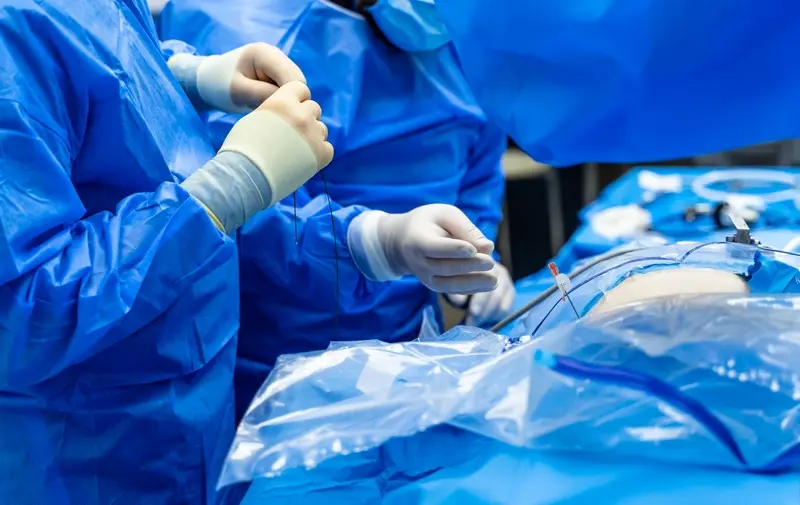
- Coronary Angiography
Coronary angiography is an X-ray contrast study, the “gold standard” of CAD diagnosis. The procedure includes an injection of a contrast material into the arteries and a series of images (up to 60 frames per second). The results of the study help assess the location and the degree of stenosis and decide on the options and urgency of further treatment. As a rule, an occlusion of 1-2 arteries warrants angioplasty (stenting), and an occlusion of 3 or more arteries requires coronary artery bypass grafting.
Coronary angiography has long since become a common procedure in Israel. It is performed everywhere. Thanks to the doctors’ extensive experience, the complication rate is close to zero. If necessary, this diagnostic procedure is completed with treatment: stenting. Israeli cardiac surgeons use drug-eluting stents made of advanced materials with nanocoatings. These stents prevent blood clot formation.
- MSCT Coronary Angiography (Virtual Angiography)
This is the most advanced way to assess all cardiovascular parameters. MSCT coronary angiography was developed due to some patients’ intolerance to contrast materials and the doctors’ desire to minimize radiation exposure needed for conventional angiography. This study helps visualize not only coronary arteries but also the pulmonary artery, the aorta, and some medical conditions including pulmonary embolism, aneurysms of various vessels, etc.
A Virtual Tour Of The Cardiology Department
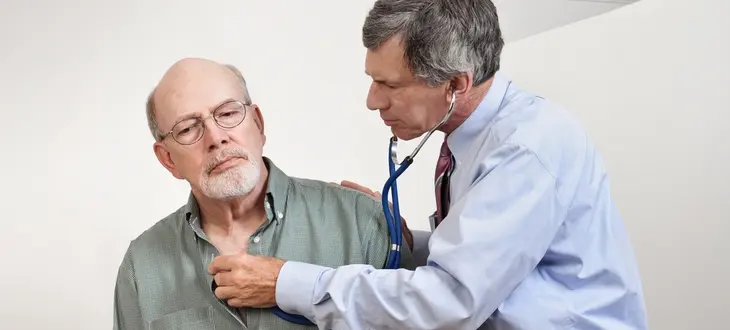
The evaluation starts with a cardiologist’s consultation. The doctor listens to the patient’s complaints and refers them for tests and instrumental examinations.

Echocardiography is one of the most important ways to diagnose cardiovascular conditions. The Top Ichilov Cardiology Department is fitted with advanced echocardiography equipment.

The newest 256-slice CT scanner is a perfect choice for a heart scan. Our department has the device.

And this is our X-ray operating room. Every year, the Ichilov physicians perform over 4,000 heart catheterizations.
Get Your Heart Treated In Top Ichilov
- Call the clinic right now: +972-37621629
- Or fill in the form below. Our doctor will contact you within 2 hours.

Publication Date:
















